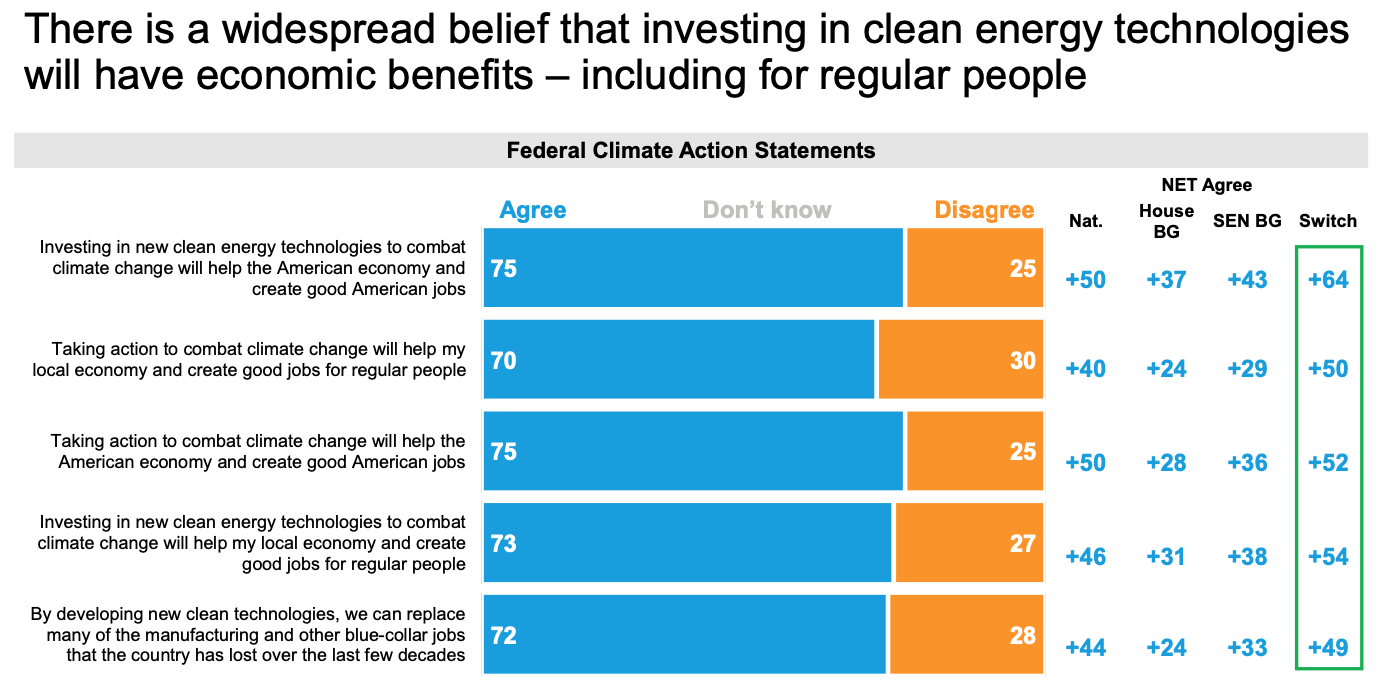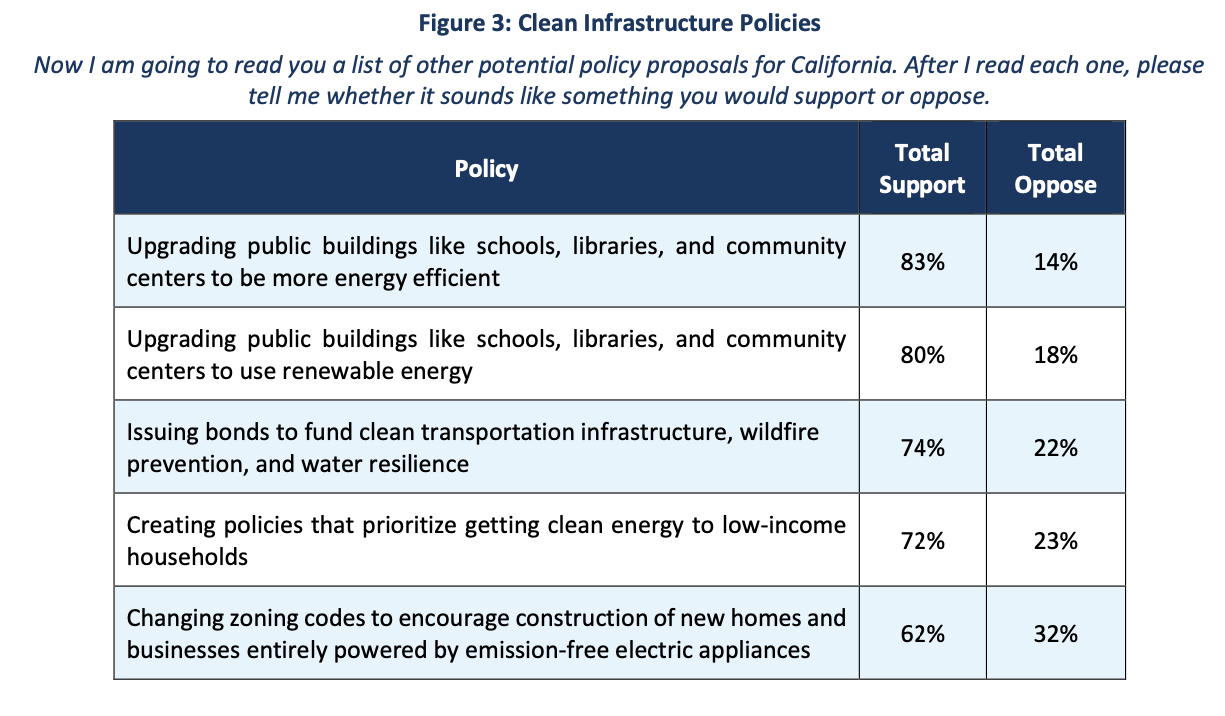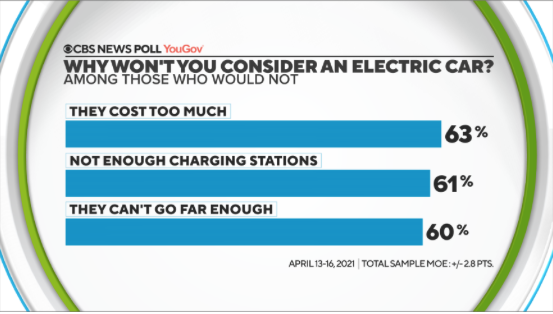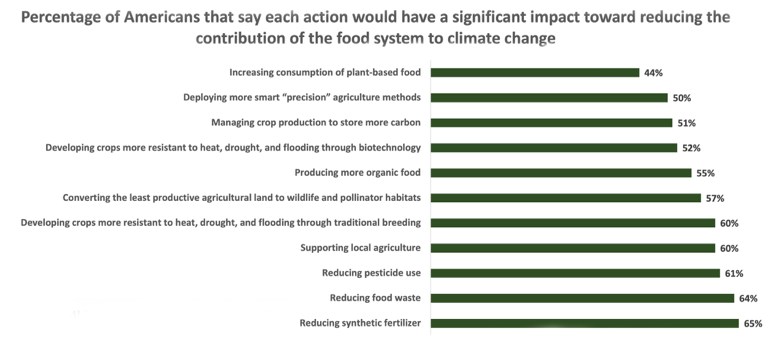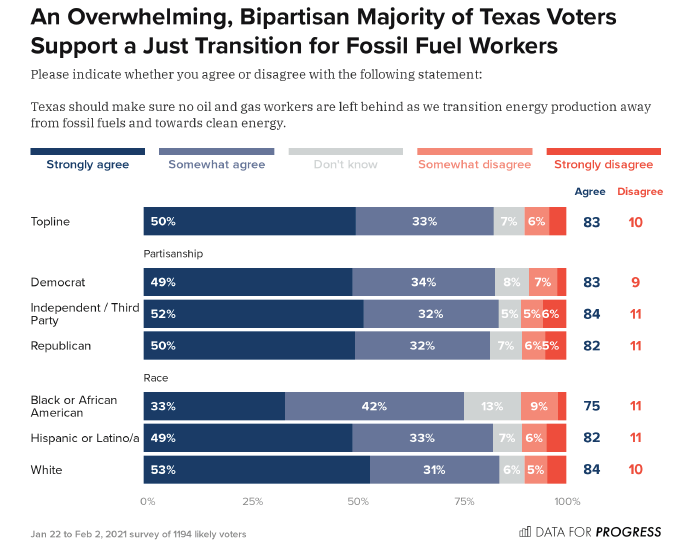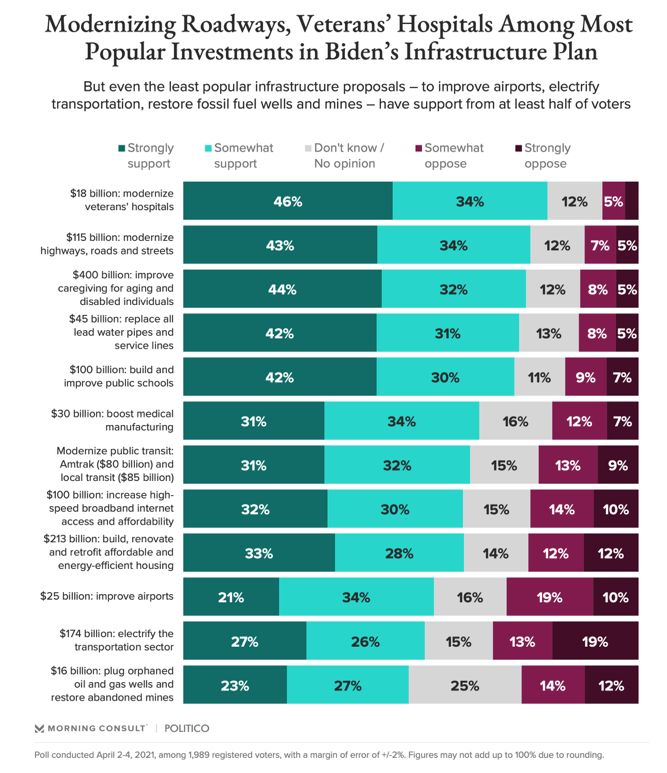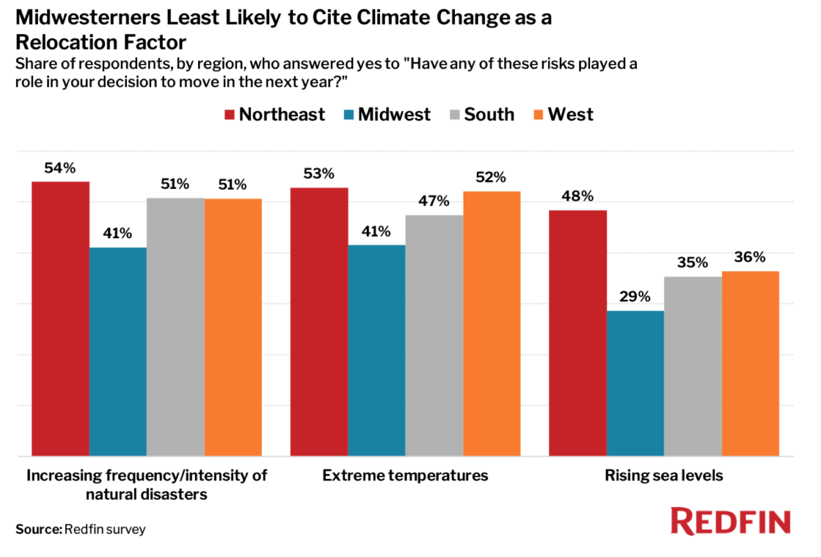Resources
Search below for resources covering the intersection of climate engagement, social science and data analytics.
RESULTS
Environmental Polling Roundup - August 6th, 2021
This post includes a roundup of climate + environment headlines from this week’s public polls, good data points to highlight, and a full roundup including key takeaways from each poll.
HEADLINES
- Climate Power + LCV - Investments in clean energy, climate action, and environmental justice bolster support for the reconciliation bill; the most persuasive messages focus on economic aspects including how the bill will lower costs for households (Slide Deck)
- Climate Power + Data for Progress - Voters support a range of climate-related proposals that were left out of the bipartisan infrastructure bill, especially clean electricity incentives, investments in energy efficiency, and investments in solar and wind (Release, Memo, Topline)
- POLITICO + Morning Consult - Voters continue to back the bipartisan infrastructure bill, especially investments in roads, bridges, and water infrastructure; voters are more split on the reconciliation package, but overwhelmingly support expanded home care for the elderly and disabled (Topline, Crosstabs)
- Data for Progress - Voters think that oil and gas companies have too much power, especially after learning about comments made by a senior Exxon lobbyist; “oil and gas companies” are a more compelling villain than “fossil fuel companies” (Release, Topline)
- Yale Program on Climate Change Communication + George Mason University Center for Climate Change Communication - Petition signing is the most appealing ask to get voters involved in climate advocacy, and there is clear interest in community preparedness groups (Summary, Full Report)
White House Memo: Pushing President Biden's Full, Popular, and Bipartisan Build Back Better Agenda Forward
This memo from the White House highlights public polling about key environmental provisions of the Bipartisan Infrastructure Framework (BIF), as well as strong poll numbers for climate-related infrastructure investments that were left out of the bipartisan plan.
The memo shows that Americans broadly support a range of environmental policies included in the BIF:
- Nearly three-quarters of Americans support replacing all lead water pipes and service lines (per Morning Consult)
- The majority of Americans support investments to plug abandoned oil and gas wells and restore abandoned mines (per Morning Consult)
- 63% of Americans support robust proposals for transit and rail investments (per Morning Consult)
- 61% of Americans support investments to build new electric vehicle charging stations (per Navigator)
- 61% of voters support providing more federal assistance to cities and states to improve the resiliency of infrastructure to extreme weather events (per Data for Progress)
- 60% of Americans support investing in clean energy to help avoid power outages, reduce greenhouse gas emissions, and combat climate change (per Yahoo News/YouGov)
Additionally, Americans widely support several climate-related policies that are not included in the BIF:
- 64% of Americans support incentives to spur clean energy deployment (per Reuters)
- Nearly two-thirds of voters support government action to move the country to a fully clean power sector by 2035 (per Data for Progress)
- 77% of voters support creating a Civilian Climate Corps of conservation and resilience workers (per Data for Progress)
Poll: Investing in American Clean Energy to Build the Industries of the Future
Key findings of a survey (phone and online) of US voters, with oversamples in key states include:
- Voters across the political spectrum overwhelmingly support government investments in clean energy technologies in order to rebuild the economy (77%), create good jobs (76%), and eliminate the carbon emissions that cause climate change (75%).
- There's a widespread belief (75%) that investing in clean energy technologies will have economic benefits – including for "regular people."
- And also that by developing new clean technologies, we can replace many of the manufacturing and other blue-collar jobs that the country has lost over the last few decades (72%)
- Strong support for various approaches to boost and develop specific clean energy technologies such as clean steel and cement, clean jet fuels, and energy storage and transmission.
- Voters support investing $75 billion in clean energy tech RD&D as part of the upcoming infrastructure bill.
Implementing the Portland Clean Energy Fund: Challenges and Opportunities
In 2018, the Portland Clean Energy Fund (PCEF) campaign secured a landslide ballot measure victory in Portland, establishing a multi-million dollar municipal fund that addresses climate, economic, and racial justice by providing funding for renewable energy projects, job training and apprenticeship programs, and regenerative agriculture. Last year, we got to look “under the hood” with PCEF Steering Committee members to cover the history of the campaign, what PCEF does, and how the community-led coalition was able to win at the ballot box.
In a follow-up webinar, we came back together to share new developments on the victory and cover topics including:
- How has PCEF been implemented, and how is it helping the community build political power?
- What lessons have been learned since winning the legislation, and what challenges and insights does that bring?
- What would it take to replicate this winning model in your own context and municipality?
Survey of California voters’ views on climate change, renewable energy, infrastructure, and transportation found that a majority of Californians believe the state should act more quickly to address climate change, see economic promise in renewable energy; and support a range of policies to move away from fossil fuels.
- 67% believe that the State should act quicker to address climate change.
- 75% believe climate change is an "extremely," "very," or "somewhat serious" problem facing California and 38% categorize it an “extremely serious problem”.
- A majority of Californians support a range of policies to move away from fossil fuels, including providing energy upgrades to schools, libraries, and community centers; funding clean transit infrastructure, wildlife protection, and water resilience through the issuing of bonds; and policies which bring clean energy to homes.
- A solid majority of Californians also support a variety of zero-emission transportation policies, including ones that would cut pollution near ports and warehouses and transition the state to a zero-emissions truck and bus fleet within the next 15 years.
- By an 11-point margin, voters see more harms from fossil fuel infrastructure than benefits and half of California voters (50%) say that they would be less likely to vote for their state legislator if that official took campaign funds from fossil fuel companies.
Poll: What drives views on electric cars?
- Americans' views on whether they would buy an electric car are split relatively evenly, with 30% of respondents saying they "would consider it," 33% saying they "might consider it," and 37% saying they would not consider it.
- When asked why they would not consider buying an electric car, top answers people gave were they feeling like electrics cars "cost too much" (63%), "can't go far enough on a charge" (60%), and that there aren't enough charging stations on the road (61%).
- Partisanship also appears to play a role, with respondents who identify as Democrats a lot more likely to at least say they'd buy an electric car than those who identify as Republicans, regardless of whether they live in rural, urban, or suburban areas.
- 64% think recent announcements from car makers that they are shifting to making mostly (or all) electric cars is a "good idea."
- While many more people (41%) think U.S. policy should encourage people to buy electric cars than to buy gasoline cars (11%), a plurality of respondents (4*%) believe the U.S. policy should "not take a position."
Poll: Public disconnect on food and climate change, rising interest in meat alternatives
Michigan State University (MSU)'s seventh Food Literacy and Engagement Poll found most Americans are not aware of the relationships between our diets and the planet.
- 41% say they never or rarely seek information about where their food was grown or how it was produced
- 23% of Americans mistakenly believe that transportation of food produces the most greenhouse gas emissions in food production, even though it only accounts for 6%.
- And 61% thought reducing pesticide use would limit the food system’s impact on climate change. (While the use of pesticides can cause other environmental and public health impacts, it is not a big contributor to greenhouse gas emissions, compared to other factors.)
- Only 44% of respondents were aware that increasing the consumption of plant-based foods could have a significant impact on the release of greenhouse gases.
- 41% of Americans are likely to purchase foods that look and taste identical to meat, but are artificially produced, up from 33% in February 2018.
- 87% say they take steps to reduce the amount of food wasted in their home.
- 56% trust academic or university scientists; 50% trust government scientists; and 48% trust industry scientists when it comes to the health and safety of food.
Poll: Texas Voters Want to Transition to Clean Energy
A statewide survey to assess the attitudes of likely Texas voters (including an oversample of Latino voters) toward climate change, pollution, and transitioning to clean energy revealed key insights, including:
- Across party lines, voters are overwhelmingly concerned (85%) about air and water pollution.
- 67% are concerned about climate change, with Latino (82%) and Black (80%) voters expressing the highest levels of concern.
- Voters also agree (61%) that there is still time to come together as a state and country to take the actions that are necessary to address climate change and leave a better world for generations to come. Agreement is highest (72%) among Latino voters.
- A strong majority (59%) also would like to see their leaders support clean energy industries to reduce carbon emissions and ensure Texas remains America’s energy leader, with support highest among Black (77%) and Latino (66%) voters.
- A message that resonates across party lines is that Texas can face tough problems and can leverage its status as a national and global energy leader to become a champion of a new global energy economy.
- 83% agree that Texas should make sure no oil and gas workers are left behind as America transitions away from fossil fuels and toward clean energy.
-
A majority also think it is “Very important” or “Somewhat important” to include proposals for job training (89% important), new jobs in clean energy (87% important), pensions for retired workers (85% important), financial assistance for new degrees or trade certifications (83%), and buyouts for workers within five years of retirement (78%) in this transition bill.
-
Texas voters also support closing the revolving door of government officials becoming lobbyists for the fossil fuel industry, with a majority of Texans across parties (52%) supporting a proposal that would prevent former lawmakers from becoming lobbyists for the oil and gas industry immediately after leaving office.
- 60% of voters said they support the White House’s American Jobs Plan, including 84% of Democrats, 51% of independent voters and 35% of Republicans.
- At least three-quarters of voters support the plans to devote $18 billion to modernize veterans’ hospitals; $115 billion to modernize highways, roads and streets; and $400 billion to improve caregiving for aging and disabled individuals.
- 76% of Democrats said they would support spending $174 billion to accelerate the transition to electric vehicles, including expanding the country’s EV charging network, while just 28% of Republicans said the same.
- Nearly half (49%) of Americans who plan to move in the next year say "the increasing frequency/intensity of natural disasters" was a factor. 48% cited increasing extreme temperatures and 36% cited rising sea levels.
- Younger Americans are more likely to factor climate change into moving decisions, with respondents age 35-44 most likely to say that natural disasters, extreme temperatures and/or rising sea levels played a role in their decision to move.
- There were also regional differences, with respondents in the Midwest least likely to say that climate-change risks were a factor in their decision to relocate and respondents in the west most likely to cite climate change as a factor in their relocation.
- Nearly 80% of respondents said that increasing frequency or intensity of natural disasters in an area would make them hesitant to buy a home there. A slightly lower share—about three-quarters—would be hesitant to buy a home in a place with extreme temperatures and/or rising sea levels.
Pagination
- Previous page
- Page 2
- Next page
